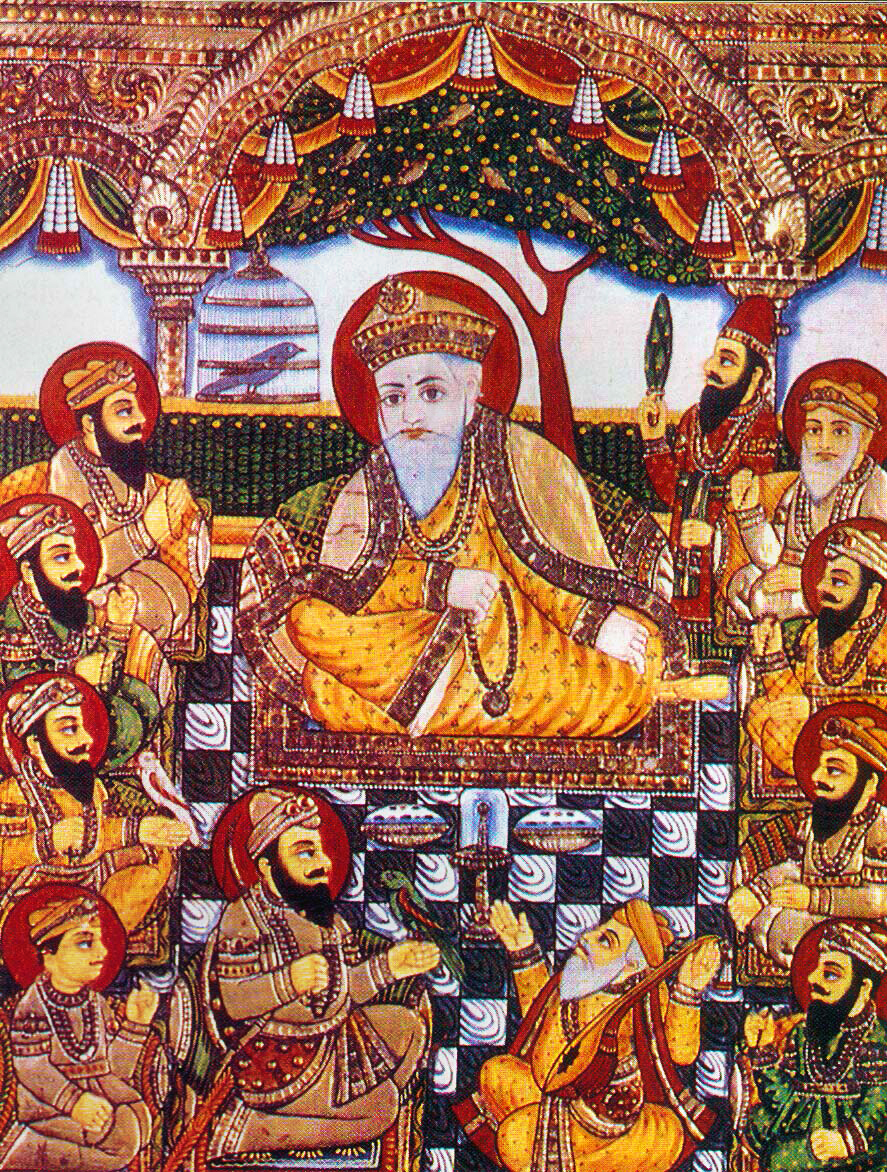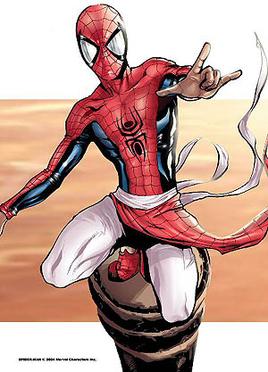By Anant Mathur (October 28, 2012)
Many times films are released and put into a mass or class category by reviewers, producers, distributors and/or trade analysts. So, what is the difference between a class and mass film and why does it matter?
Well, for starters a mass film is basically a film that appeals to everyone from the lower classes, to children, to women. Lower classes, children and women tend to be more impressionable than the upper more educated class of people. Therefore, mass films tend to be less intellectual and more comedic in their senses and approach. Take for example films like Dabangg, Housefull and Sholay, these are clearly - leave your brain at home and come be entertained for two hours - type mass entertainers. Usually, mass films have catchy dialogue and memorable songs which the audience can recite repeatedly.
A class film on the other hand tends to deal with a specific type of topic for a relatively smaller audience, sometimes even a niche audience, as compared to a mass film. At times the subject of these films may only appeal to women or to the highly educated and more influential upper class. Mass films may also be made by a smaller production house than a class film which usually has a mega budget and reaches a much larger audience.
So, why does it matter if a film is a class film or a mass film? Well, it may not matter to the audience but it does make a huge difference to the distributor and producer. You see, when a class film is released it's on a much bigger scale than a class film.
Because the audience is many folds larger the distributor needs to know exactly how many screens to release the film on in order to recover their cost as quickly as possible. It makes a huge difference to the distributor if he's releasing the film on 200 screens or 2500 screens. If a distributor is releasing a film on 2500 screens his advertising has to be much more aggressive than for a film releasing on 200 screens, this also increases his advertising budget. These costs are the primary reason why films are divided into these segments.
Well, for starters a mass film is basically a film that appeals to everyone from the lower classes, to children, to women. Lower classes, children and women tend to be more impressionable than the upper more educated class of people. Therefore, mass films tend to be less intellectual and more comedic in their senses and approach. Take for example films like Dabangg, Housefull and Sholay, these are clearly - leave your brain at home and come be entertained for two hours - type mass entertainers. Usually, mass films have catchy dialogue and memorable songs which the audience can recite repeatedly.
A class film on the other hand tends to deal with a specific type of topic for a relatively smaller audience, sometimes even a niche audience, as compared to a mass film. At times the subject of these films may only appeal to women or to the highly educated and more influential upper class. Mass films may also be made by a smaller production house than a class film which usually has a mega budget and reaches a much larger audience.
So, why does it matter if a film is a class film or a mass film? Well, it may not matter to the audience but it does make a huge difference to the distributor and producer. You see, when a class film is released it's on a much bigger scale than a class film.
Because the audience is many folds larger the distributor needs to know exactly how many screens to release the film on in order to recover their cost as quickly as possible. It makes a huge difference to the distributor if he's releasing the film on 200 screens or 2500 screens. If a distributor is releasing a film on 2500 screens his advertising has to be much more aggressive than for a film releasing on 200 screens, this also increases his advertising budget. These costs are the primary reason why films are divided into these segments.
© Anant Mathur. All Rights Reserved.







.jpg)